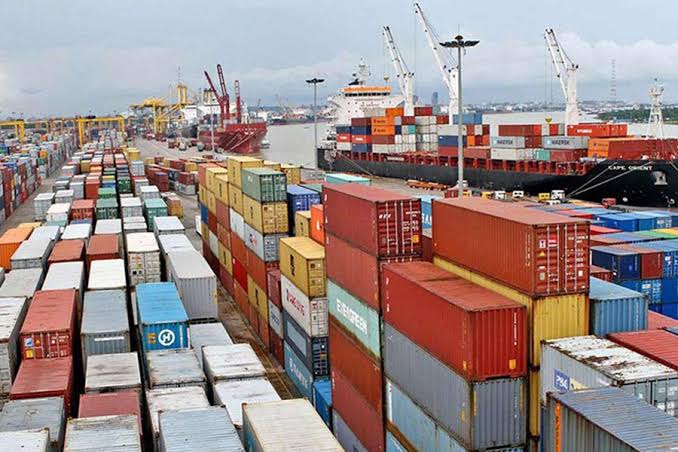
Published :
Updated :

Developing the required infrastructure is undeniably the first condition to meet before attracting foreign direct investments (FDIs) in an economy. A seaport, in this regard, acts as the gateway to international trade to drive the engine of economic growth. In that case, sooner the Chattogram (Ctg) port is able to increase its efficiency to deliver quality service for its local, regional and international clients, the better for the nation's faster economic growth. To that end, the interim government is learnt to have fast-tracked its efforts to finalise deals with port development companies of global repute so the task of handing over the Ctg port's operation to them could be completed by next October, that is, before handing over power to the next elected government.
As reported earlier, the Ctg Port Authority (CPA) has raised its tariffs on a number of items including its goods, container and vessel handling services by large margins to set the benchmark so that after taking charge the interested foreign investors in port development could decide their own service charges based on it (government-fixed benchmark). The CPA secretary reportedly informed that the tariff-hike proposal has been already cleared by the finance ministry and awaiting law ministry's vetting before its publication through a gazette notification. But the local port users and stakeholders have been dismayed at the move, since the final decision of tariff raise, they claimed, has been made leaving them out in the cold. The port tariffs for some widely used services as finalised by the government are in cases 10 times higher than the current rates, they complained, though according to some port officials, the average tariff hike would actually stand at around only a 60 per cent in excess of the existing rates. Vehemently opposed to the final decision on raising port tariff rates, which are far higher than what they suggested should be (by around 10 to 20 per cent during their initial talks with the Shipping ministry), would be to the utter detriment of the country's foreign trade, especially Readymade Garment (RMG) export, which is, of late, battling severe headwinds. Worse, the port charges so outrageously enhanced will increase cost of doing all kinds of business and thereby burdening the economy and the general consumers with higher inflation. Arguments for or against the drastic port usage rates hike apart, the first thing that the government, or the Ctg port authorities for that matter, would do well to keep in mind is that however essential the move is, it should be made keeping the stakeholders in the picture. For any unilateral action in this regard might lead to a serious stalemate, which given the few months it is still left with to run, the interim government will find itself in quite a bind to resolve.
The reported assurance from the government that the frameworks for the agreements could not be scrapped by any future government as those (agreements) will be of international standards and bound by legal as well as diplomatic obligations with their possible geopolitical dimensions as well. This smacks of riding roughshod. In the final analysis, if things are left to widespread discontent of and non-cooperation from port usersand, even worse, to be settled through prolonged future court battles, that hardly bodes well for the desired development of the port and its potential to draw expected FDIs to spur the nation's economic growth.
While there is no point denying the overriding question of making Ctg port's efficiency and capacity for providing quality service to all users to match, if not excel, its regional competitors, it cannot be at the expense of national interests including those of the local users. Hiking tariff rate in anticipation of the port's questionable foreign takeover is flawed argument. The interim government would do well to look for wiser options.


 For all latest news, follow The Financial Express Google News channel.
For all latest news, follow The Financial Express Google News channel.